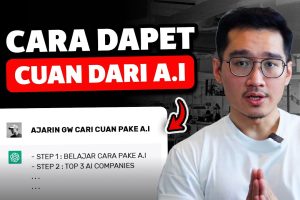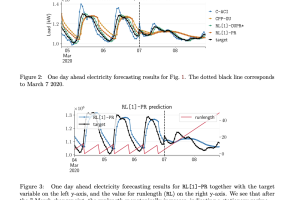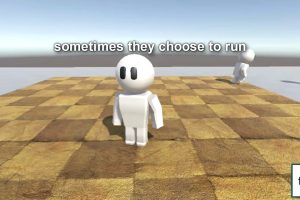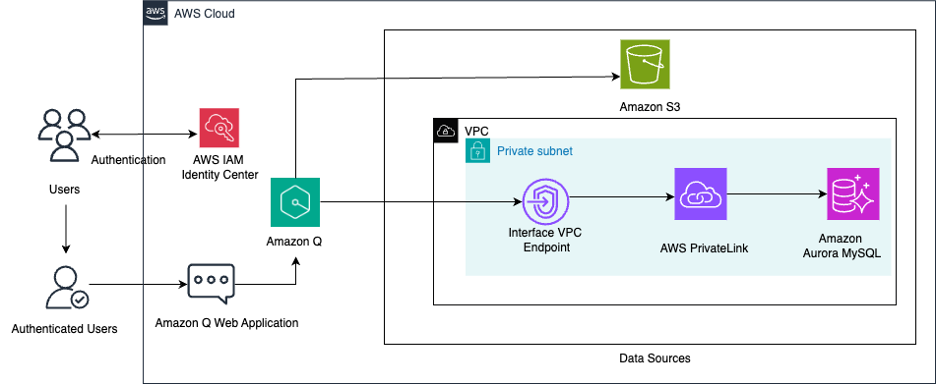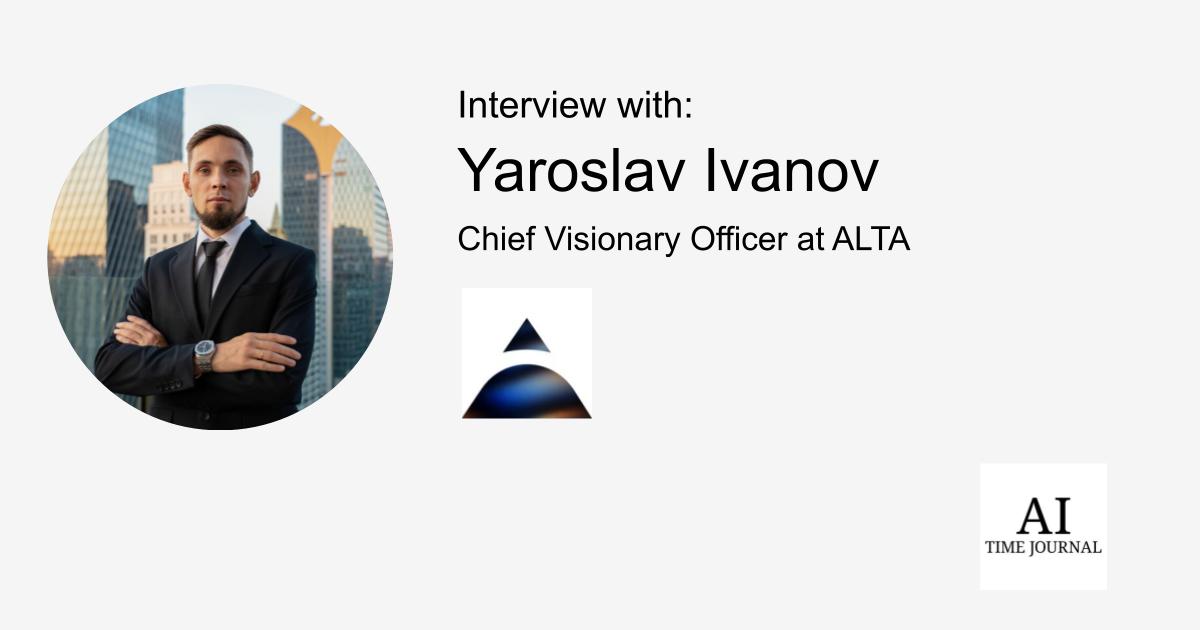Image source: Pexels
Imagine healthcare education that adapts to your needs, like a custom-fit suit. With artificial intelligence at the helm, this vision is now a reality. From personalized learning paths to virtual simulations, AI is transforming how medical students train and grow.
Dive into the latest innovations in healthcare education where smart tech meets smarter training solutions. Ready for an engaging look at what’s reshaping the future? Read on!
Personalized Learning Paths
Imagine you could tailor your learning experience like customizing a playlist. That’s what AI does for healthcare education now. Whether you’re attending school for medical assistant careers or enrolling at university to become a doctor, with data-driven insights, AI can help you by identifying your strengths and weaknesses to create a personalized curriculum that fits your pace and style.
Gone are the days of one-size-fits-all training programs. Now, aspiring medical professionals can focus on areas they need most improvement in while cruising through familiar topics.
By using adaptive algorithms, students receive content recommendations for their studies. This approach not only saves time but also enhances overall comprehension and retention. It’s like having a tutor who knows exactly what you need to learn next.
Virtual Reality Simulations in Medical Training
Think about how flight simulators train pilots. Now, with AI-driven virtual reality (VR), medical students experience realistic scenarios where they can practice procedures without risk.
AI algorithms generate diverse clinical situations and adjust complexity based on students’ progress. From performing complex surgeries to diagnosing rare conditions, VR offers hands-on experience that textbooks can’t match.
Repeated practice in AI-enhanced VR builds muscle memory and confidence before real-life application. It’s like getting endless rehearsal time on a safe stage before stepping into a live performance. This method significantly enhances skill acquisition and preparedness for future medical challenges.
Natural Language Processing
Imagine having an AI tutor who understands medical jargon as well as you do. Natural language processing (NLP) makes this a reality, revolutionizing how students access and interact with complex information.
NLP algorithms analyze and interpret medical texts, turning dense material into digestible content. You can ask questions in plain English and get precise answers or clarifications instantly. It’s like having a knowledgeable assistant ready to help 24/7.
This tech also powers chatbots for quick consultations on study topics or even simulates patient interactions for practicing bedside manner. By leveraging NLP, healthcare education becomes more intuitive and accessible than ever before.
Leveraging Predictive Analytics for Curriculum Improvement
Ever wondered how schools know what to teach next? AI-driven predictive analytics is now the secret sauce. By analyzing student performance data, predictive models can identify trends and gaps in understanding.
Educators can use this information to adjust curriculums dynamically. If a significant number of students struggle with a particular concept, the system flags it for review or enhancement.
Think of it as having an early warning system that helps keep educational content relevant and effective. It’s like your GPS rerouting you around traffic jams – keeping learning pathways smooth and efficient. This proactive approach ensures healthcare training stays cutting-edge and impactful.
Real-Time Feedback Mechanisms Powered by AI
As you engage in exercises and simulations, AI can evaluate your performance instantly. Whether you’re answering questions or practicing procedures, these systems provide immediate insights into what you got right and where you can improve. It’s like having a coach who gives pointers during practice, not just after.
This instant feedback loop accelerates learning by addressing mistakes as they happen. You don’t waste time repeating errors unknowingly. Instead, you refine skills continuously, making education more effective and tailored to your unique needs.
